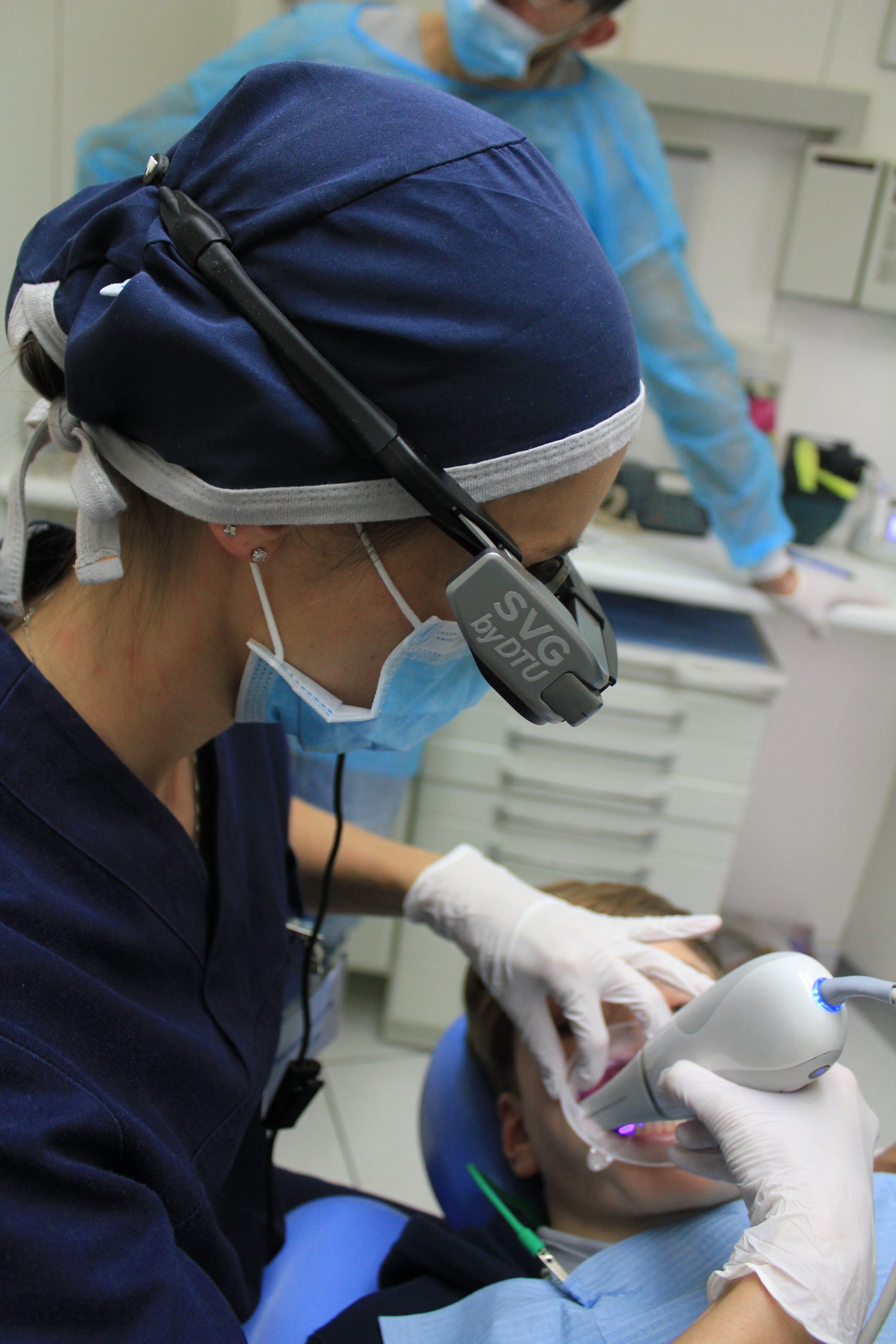
Data-driven dentistry: A new perspective towards better clinical outcomes
Data-driven dentistry is an emerging field that leverages data analytics to improve dental care outcomes. With the rise of digital technologies, dental practitioners can now collect, store, and analyze vast amounts of patient data. This data can be used to identify patterns and trends, enabling dentists to make evidence-based decisions and improve patient care.
Improving Diagnosis and Treatment Planning
Data-driven dentistry can aid in the diagnosis and treatment planning process. By analyzing patient data, dentists can identify trends in patient conditions, which can lead to more accurate diagnoses. Additionally, data analytics can provide dentists with information on the effectiveness of different treatments, allowing them to choose the best course of action for their patients. With this information, dentists can make more informed decisions, resulting in better clinical outcomes.
Enhancing Patient Engagement and Education
Another benefit of data-driven dentistry is enhanced patient engagement and education. With digital tools, dentists can collect patient data and use it to educate patients about their oral health. This data can also be used to track patient progress over time, providing patients with feedback on their oral health and encouraging them to take an active role in their care. Patient engagement is crucial in achieving better clinical outcomes, as it helps patients to understand the importance of oral health and how it impacts their overall wellbeing.
Reducing Costs and Improving Efficiency
Data-driven dentistry can also help reduce costs and improve efficiency in dental practices. By automating certain processes and analyzing patient data, dentists can identify areas where costs can be reduced. For example, by identifying trends in patient conditions, dentists can develop preventive measures to reduce the likelihood of future dental problems. This can result in cost savings for both the patient and the dental practice.
Ensuring Quality Control
Data-driven dentistry can also help ensure quality control in dental practices. By tracking patient outcomes and analyzing data, dentists can identify areas where improvements can be made. This information can be used to develop best practices and protocols, ensuring that all patients receive high-quality care. Quality control is essential in achieving better clinical outcomes, as it helps to minimize errors and ensure that patients receive the best possible care.
Conclusion
In conclusion, data-driven dentistry is a new perspective towards better clinical outcomes. It provides dentists with valuable insights into patient conditions and helps them make evidence-based decisions. By leveraging patient data, dentists can improve diagnosis and treatment planning, enhance patient engagement and education, reduce costs, improve efficiency, and ensure quality control. As digital technologies continue to advance, data-driven dentistry will become increasingly important in achieving better oral health outcomes.



